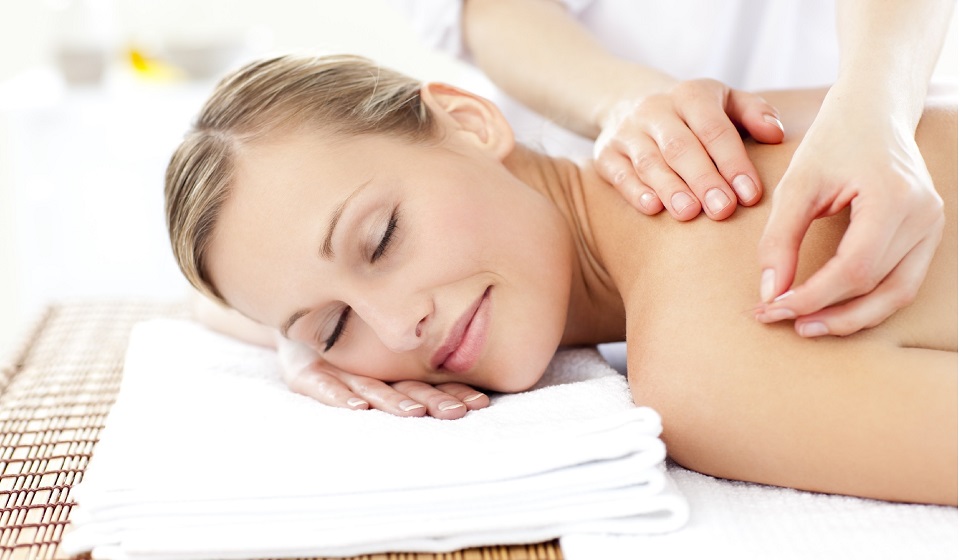
Insomnia or sleeping disorders may have a number of causes, including stress, depression or anxiety; irregular work schedules; medications, drug or alcohol abuse; major life changes; chronic pain, hyperthyroidism or arthritis. Acupuncture and herbs for insomnia have high success rates with each insomnia symptom and can therefore treat insomnia at its root.
A study published recently in the American Journal of Chinese Medicine, reports that patients who received acupressure and acupuncture experienced a significant improvement in their insomnia symptom, including problems of fatigue, sleep quality and depression. The results from this study suggest that acupressure or acupuncture might have an important role in managing patients with fatigue, poor sleep quality and depression. Same studies have shown for herbal treatment.
Chinese Medicine is more than sleeping pills
Benefits
Chinese medicine relates insomnia to the heart. Of course, an insomnia remedy would include a complete diagnosis and treatment system that would focus on each individual, and the many syndromes that are differentiated within the context of insomnia would be explored. Other organ systems and syndromes may be involved, and until the body is brought back into balance through Chinese medicine treatment such as herbs for insomnia and acupuncture, each insomnia symptom will continue. Parts of our services to support insomnia are
- pain management
- five elements counseling
- stress anxiety and depression
- cancer support
- digestion regulation
What else we can do?
Acupuncture and herbs as an insomnia remedy can greatly improve sleeping patterns, but in order to successfully and completely resolve sleep disturbance one must address all the contributing factors. Oriental medicine helps do this by treating the whole person and focusing on bringing the entire body into balance. Other suggested actions include:
- Learn to relax physically Techniques such as yoga, meditation, biofeedback and progressive relaxation, as well as acupuncture and massage, can help your body become more restful.
- Have a regular bedtime If you are not asleep after an hour, get up, go to another room and do something relaxing until you feel sleepy. Don’t try to force yourself to sleep.
- Reduce food and drinks that increase sleep problems Heavy meals before bedtime, late afternoon or evening consumption of alcohol, chocolate, tea, coffee and caffeinated soda should be avoided. Consider adding herbs for insomnia to your diet as well.
- Keep in shape Regular exercise helps with stress and reduces fatigue, both of which can exacerbate insomnia. Systems such as Tai Chi or Qigong are gentler exercises that balance staying fit with staying relaxed.
- Treat physical problems If physical pain or discomfort is a factor in the inability to fall asleep, don’t put up with it. Acupuncture has proven successful in treating pain associated with arthritis and many other physical conditions.
- Nutritional Counseling and Lifestyle Changes Nutrition can contribute to the cause and cure of insomnia. Excess protein and the over reliance on stimulants and quick-energy foods contribute to fatigue by weighing on the liver, kidneys and intestines.